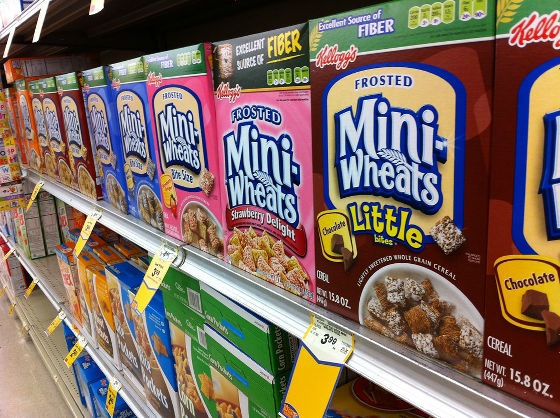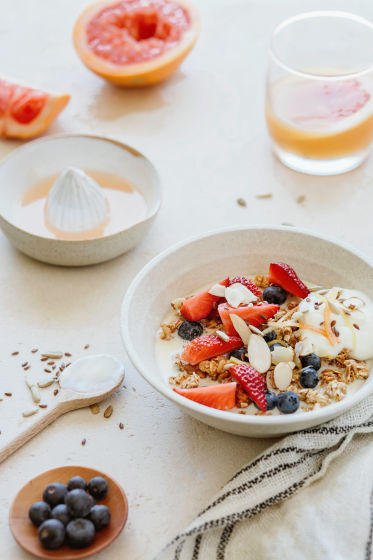There is almost no correlation between the 'health benefits' claimed by breakfast cereals and the 'real ingredients'

by
When choosing packaged food at the supermarket, some people should decide whether or not to purchase by the words 'low fat' and 'low sugar' written on the package, but such sales complaints are correlated with the actual ingredient indication Studies have shown that the relationship is 'almost zero'.
Healthy Through Presence or Absence, Nature or Science ?: A Framework for Understanding Front-of-Package Food Claims-Quentin André, Pierre Chandon, Kelly Haws, 2019
https://journals.sagepub.com/doi/full/10.177/0743915618824332
Breakfast cereals: 'Almost zero correlation' between health claims and nutritional content
https://www.medicalnewstoday.com/articles/325148.php
The research was conducted in collaboration with researchers at the business school INSEAD in France, the Graduate School of Management at Rotterdam in the Netherlands, and Vanderbilt University in the United States. The researchers combined the four separate studies into one and presented them in the Journal of Public Policy & Marketing.
Researchers surveyed the sales phrases written on the front of the food package and evaluated the difference between these sales phrases and the nutritional components actually contained in the food. Researchers also surveyed how consumers reacted to these complaints when they reached out to purchase products. By these, it was examined 'Is the selling phrase correct' and 'How does the selling phrase affect the purchase decision regardless of its accuracy'.
The research found that first of all, the slogan written on the surface of the package is a science- or nature-based wording, such as 'improved' or 'preserved'. That the use of is common. In addition, they tended to emphasize 'good things included in food' such as 'high in calcium' 'not use GMO' and 'don't include bad things'.

by
One of the studies examined 633 different breakfast cereals, of which 460 packages had surface health and nutrition claims. According to the survey of 'where is the person's attention suitable for' conducted at the same time as the questionnaire survey, the person is basically 'when something good is included' rather than 'when something bad is not included' It turns out that this product is healthy.
And, even if the sales complaints do not clearly say 'help for health' or 'help for weight loss,' it is also possible to predict that some sales complaints are of the nature that helps consumers taste, diet and health. It was indicated. For example, consumers say that 'good things are included' rather than 'does not contain bad things' would make the taste better, while 'digested' such as 'low sugar' and 'low fat' for diets I guess it's more effective to remove things.
However, it is important to note that despite the package claims being a strong 'predictor' for consumers, there was little correlation with the nutritional value of food cereals. Dr. Pierre Chandon, who conducted the research, has stated that “Correlation is almost zero”.

by Dani Rendina
This research confirms from the marketing point of view that 'the statement of the food package doesn't reflect the ingredients correctly'. The ingredients on the back of the package indicate the contents of fat, protein, carbohydrates, vitamins and minerals in addition to the calories, and the food on the back of the package will check the nutritional components on the back rather than the sales written on the package. It is more important to check if it helps for a healthy life and diet.
Related Posts:
in Note, Posted by darkhorse_log







